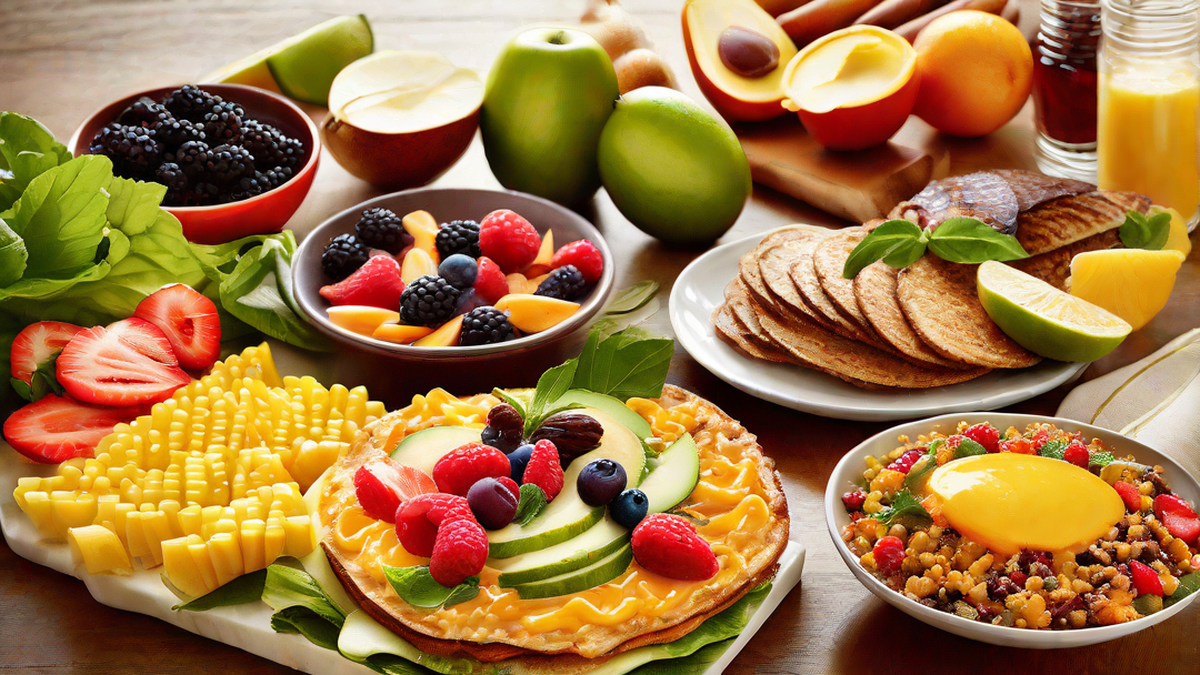Preparing for a marathon takes dedication, discipline, and careful planning. One crucial aspect of marathon preparation is fueling your body with the right foods before the big race. As a seasoned marathon runner, I have learned through trial and error what works best for me in terms of pre-race nutrition. In this article, I will share my personal experiences and provide detailed insights into what to eat prior to a marathon.
Importance of Pre-Race Nutrition
Proper nutrition before a marathon is essential for optimal performance and to avoid hitting the dreaded “wall” during the race. The right combination of carbohydrates, protein, and healthy fats can provide the necessary energy to sustain your body throughout the 26.2 miles ahead.
Carbohydrates, the Marathoner’s Best Friend
Carbohydrates are the primary fuel source for endurance activities, making them a vital part of your pre-race meal. Complex carbohydrates, such as whole grains, fruits, and vegetables, are ideal choices as they provide sustained energy. Including foods like brown rice, quinoa, sweet potatoes, and whole wheat pasta in your pre-marathon meal plan can help boost your glycogen stores and provide a steady release of energy.
In my personal experience, I have found that a meal rich in carbohydrates, eaten the night before the race, works best for me. It gives my body ample time to digest and absorb the nutrients, ensuring I have enough energy while avoiding any digestive discomfort during the race.
Protein for Muscle Repair and Recovery
While carbohydrates take center stage in pre-marathon nutrition, protein plays a vital role in muscle repair and recovery. Including a moderate amount of lean protein in your pre-race meal can aid in repairing any damaged muscle fibers during the run.
Good sources of protein include lean meats like chicken or turkey, fish, eggs, and plant-based options like tofu or beans. I typically include a small portion of protein in my pre-marathon dinner to support muscle recovery without overwhelming my digestive system.
The Importance of Hydration
Hydration is a crucial factor to consider before a marathon. Properly hydrating before the race ensures that your body is adequately prepared for the physical demands of running 26.2 miles.
In the days leading up to the marathon, I focus on drinking plenty of water to stay hydrated. On the morning of the race, I make sure to have a glass of water or a sports drink to kickstart my hydration process. It’s important to listen to your body and drink when thirsty but avoid overhydration as it can lead to discomfort during the race.
My Pre-Race Meal Plan
Based on my personal experiences, I have developed a pre-race meal plan that works well for me:
- The night before the marathon, I enjoy a balanced meal consisting of whole wheat pasta, grilled chicken, and a side of steamed vegetables. This provides me with a good mix of carbohydrates, protein, and nutrients.
- For breakfast on race day, I opt for a light and easily digestible meal. My go-to choice is a bowl of oatmeal topped with sliced bananas and a drizzle of honey. This provides me with sustained energy without feeling too heavy.
- About an hour before the race, I have a small snack to top up my energy levels. A banana or an energy bar are my preferred options, as they are easy to digest and provide a quick boost of carbohydrates.
It is essential to note that what works for me may not work for everyone. It’s crucial to experiment with different foods and meal timings during your training runs to find the pre-race nutrition strategy that suits your body and preferences.
Conclusion
Paying attention to your pre-race nutrition is vital for marathon success. Optimal fueling with a mix of carbohydrates, protein, and hydration will help you perform at your best on race day. Experiment with your pre-race meal plan during training runs to find what works best for you. Remember to stay hydrated, listen to your body, and enjoy the experience of running a marathon!

